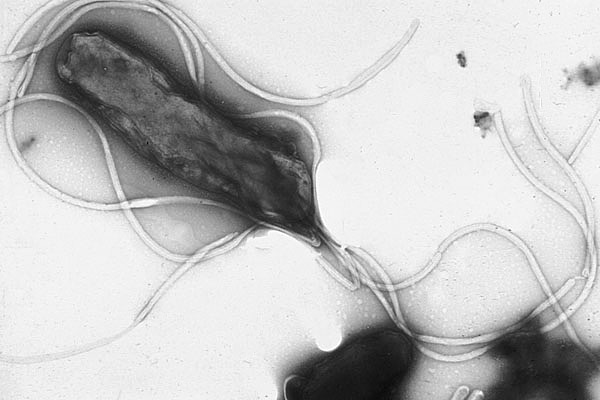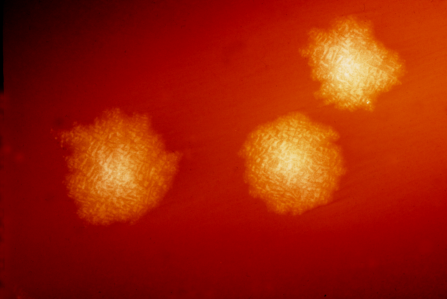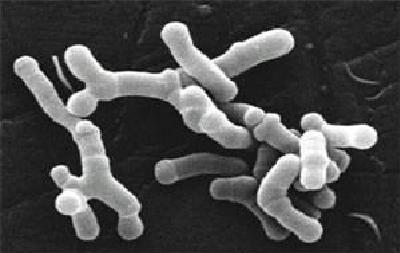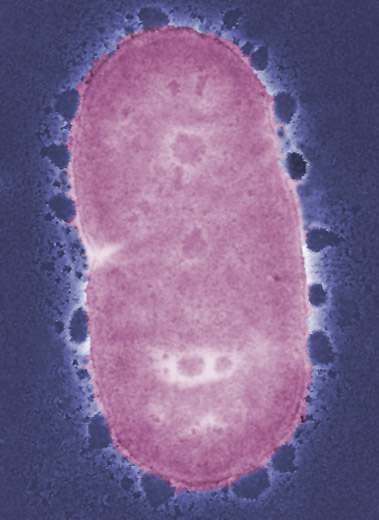Scientists are starting to get a handle on what kinds of microbes live in the human body and, roughly, how those populations differ from one individual to another. A key question now is whether there is such a thing as an “ideal” microbiome. In the meantime, get to know some of the microbes that may be in your gut.

Helicobacter pylori
Humans have a love-hate relationship with H. pylori. It has dwelled inside our stomachs for 200,000 or so years, but its role is unclear. Scientists believe the microbe causes peptic ulcers and have linked it with an increased risk of stomach cancer. But the percentage of people with H. pylori has been shrinking, particularly in the Western world where antibiotic use has been widespread for more than half a century. Those lacking in H. pylori may be at higher risk for asthma or obesity, since the bacteria helps tell us when we’re full. Scientists aren’t sure whether the absence of the microbe actually causes asthma or obesity, but the two occurrences do correlate.

The “good” bacteria in your gut often keep bad stuff at bay. When the good guys are destroyed (possibly with antibiotics), C. difficile takes over, which can cause severe diarrhea or deadly inflammation of the colon. The condition most commonly affects hospitalized older adults or those in long-term care. The cure: more antibiotics — or a fecal transplant.

